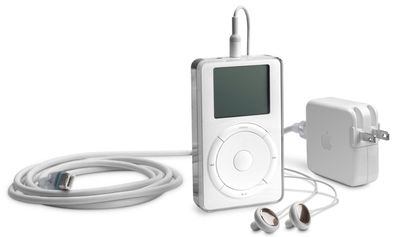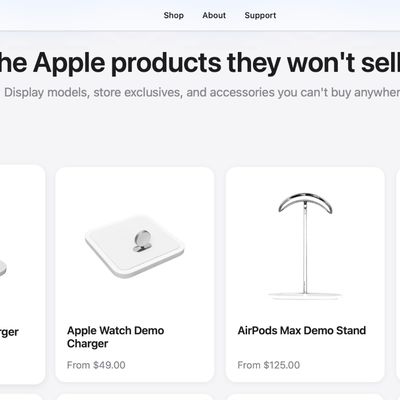Jury deliberations for the iPod antitrust lawsuit Apple faced in court last week began on Monday, and it appears the jury has already reached a verdict just a day later. As reported by The Verge, the jury has sided with Apple, finding the company not guilty of harming consumers with anticompetitive practices.
In the class action lawsuit, the plaintiffs argued that Apple had deliberately crippled third-party music services by locking iPods and iTunes to its own ecosystem, which in turn artificially raised the price of Apple's products. At issue was a specific iTunes 7.0 update that disabled the DRM workarounds put in place by RealNetworks, a competing music service, allowing its music to be played on the iPod.

Apple argued that the iTunes update in question was done mainly to improve the iTunes service rather shut down third-party music services, a point that the jury agreed with.
Delivering a unanimous verdict today, the group said Apple's iTunes 7.0, released in the fall of 2006, was a "genuine product improvement," meaning that new features (though importantly increased security) were good for consumers. Plaintiffs in the case unsuccessfully argued that those features not only thwarted competition, but also made Apple's products less useful since customers could not as easily use purchased music or jukebox software from other companies with the iPod.
During the trial, Apple also explained that its DRM efforts and the blocking of competing music services was done at the behest of record companies. According to Apple, its iTunes updates were designed to preserve deals and protect consumers from hackers and malicious content.
Apple executives like iTunes chief Eddy Cue and head of marketing Phil Schiller testified during the trial, and former Apple CEO Steve Jobs also had a large role, in the form of emails and a 2011 videotaped deposition that was shown in court.
The plaintiffs in the trial were asking for damages of $350 million, which could have gone up to $1 billion under antitrust law. Apple's victory means the company will not have to pay out any money at all.



















